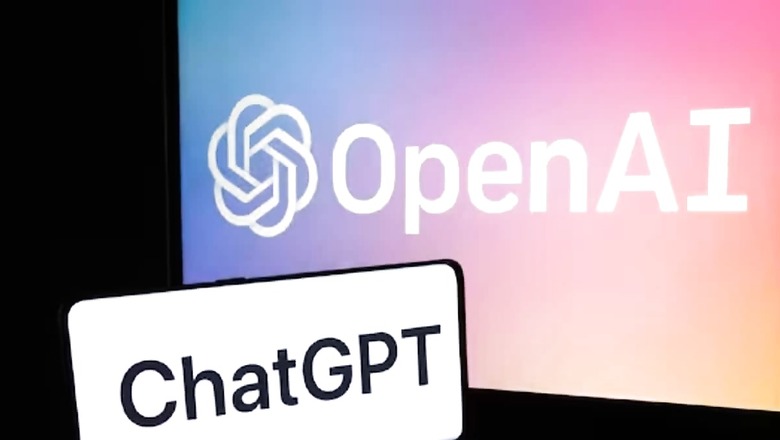
views
Major tech brands, including Microsoft, Google, Meta, and Amazon, are heavily investing in artificial intelligence (AI) products. From OpenAI’s ChatGPT to Google’s Bard AI, we have seen a number of AI-powered products and solutions in just a few months. However, a new report suggests that the excitement around AI is expected to face a reality check next year.
According to an analyst firm CCS Insight, the hype around this technology will diminish next year, stating that generative AI ‘gets a cold shower in 2024’.
“We are big advocates for AI, we think that it’s going to have a huge impact on the economy, we think it’s going to have big impacts on society at large, we think it’s great for productivity. But the hype around generative AI in 2023 has just been so immense, that we think it’s overhyped, and there’s lots of obstacles that need to get through to bring it to market,” Ben Wood, chief analyst at CCS Insight, told CNBC.
According the the report, Generative AI models such as OpenAI’s ChatGPT, Google Bard, Anthropic’s Claude, and Synthesia rely on huge amounts of computing power to run the complex mathematical models that allow them to work out what responses to come up with to address user prompts.
“Companies have to acquire high-powered chips to run AI applications. In the case of generative AI, it’s often advanced graphics processing units, or GPUs, designed by U.S. semiconductor giant Nvidia that large companies and small developers alike turn to to run their AI workloads,” CNBC reported.
As per CCS Insight, now more and more companies, including Amazon, Google, Alibaba, Meta, and, reportedly, OpenAI, are designing their own specific AI chips to run those AI programs on.
“Just the cost of deploying and sustaining generative AI is immense. And it’s all very well for these massive companies to be doing it. But for many organizations, many developers, it’s just going to become too expensive,” Wood told CNBC.




















Comments
0 comment